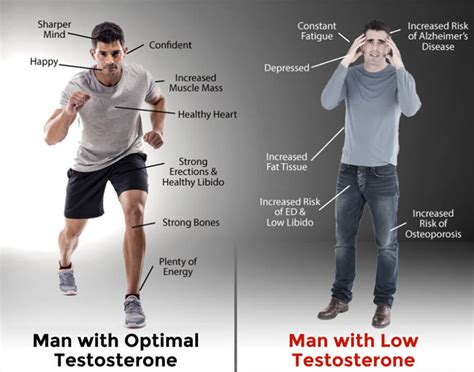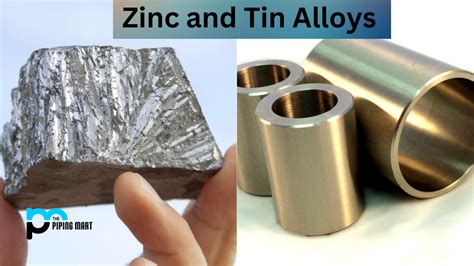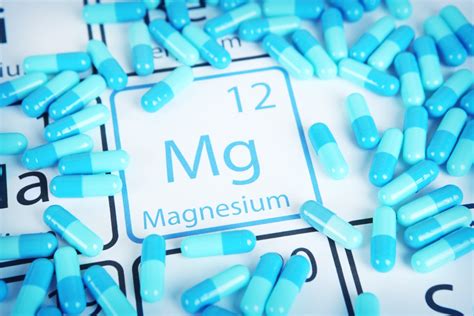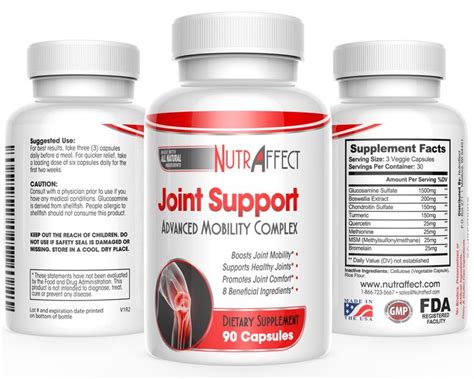Which specific micronutrients are most often cited as playing a role in supporting healthy testosterone levels in men?

The Micronutrient Connection to Male Hormonal Health
Testosterone, a vital hormone in men, influences everything from muscle mass and bone density to mood and libido. While its production is a complex process involving various physiological pathways, a growing body of research highlights the critical role specific micronutrients play in supporting healthy testosterone levels. Deficiencies in certain vitamins and minerals can impede optimal hormonal function, making dietary intake and supplementation considerations important for men seeking to maintain their vitality.
Zinc: A Cornerstone for Testosterone Production
Zinc is arguably one of the most frequently cited micronutrients in relation to male testosterone. It’s an essential mineral involved in over 300 enzymatic reactions in the body, including those crucial for hormone production. Studies have shown that even mild zinc deficiency can lead to decreased testosterone levels. Zinc is necessary for the proper functioning of the Leydig cells in the testes, which are responsible for producing testosterone. Furthermore, zinc is thought to inhibit the enzyme aromatase, which converts testosterone into estrogen, thus helping to maintain a healthier testosterone-to-estrogen balance.

Vitamin D: The Sunshine Hormone’s Impact
Often referred to as the ‘sunshine vitamin,’ Vitamin D actually functions more like a steroid hormone in the body. Receptors for Vitamin D are found in many tissues, including the testes, indicating its direct involvement in testicular function and testosterone synthesis. Research has demonstrated a strong correlation between Vitamin D levels and testosterone levels. Men with sufficient Vitamin D tend to have higher testosterone. This connection suggests that adequate sun exposure (when safe) or supplementation can be a significant factor in maintaining hormonal health, especially in populations prone to Vitamin D deficiency.
Magnesium: Freeing Up Testosterone
Magnesium is another essential mineral that plays a multifaceted role in overall health, including hormonal regulation. Its impact on testosterone primarily involves its ability to reduce the binding of testosterone to Sex Hormone Binding Globulin (SHBG). SHBG binds to testosterone, making it unavailable for use by the body’s cells. Magnesium competes with testosterone for binding to SHBG, thereby increasing the amount of bioavailable, or ‘free,’ testosterone. Studies have shown that magnesium supplementation, especially in conjunction with exercise, can lead to significant increases in free and total testosterone levels in men.

Boron: A Trace Mineral with Potential
While a trace mineral, boron has gained attention for its potential role in influencing testosterone and estrogen levels. Emerging research suggests that boron supplementation may significantly increase free testosterone and decrease estrogen levels in men. It’s thought to achieve this by influencing various enzymes and steroid hormones, potentially by reducing the activity of aromatase (similar to zinc). Although more extensive research is needed to fully understand its mechanisms, boron is increasingly cited as a micronutrient of interest for male hormonal support.
Other Noteworthy Micronutrients
Beyond the core four, several other micronutrients are occasionally cited for their supportive roles. These include:
- Vitamin B6: Involved in neurotransmitter synthesis and thought to influence steroid hormone activity.
- Selenium: An antioxidant important for overall endocrine function, including thyroid and testicular health.
- Vitamin K2: Some preliminary research suggests a role in testosterone production, though more studies are needed.
It’s important to note that the efficacy of these additional micronutrients on testosterone levels is often less robustly supported by research compared to zinc, vitamin D, and magnesium.

Conclusion: A Holistic Approach to Hormonal Health
While the allure of a single ‘magic pill’ for boosting testosterone is strong, the scientific consensus points towards a more integrated approach. Ensuring adequate intake of key micronutrients like zinc, vitamin D, magnesium, and boron through a balanced diet rich in whole foods is fundamental. For some, particularly those with diagnosed deficiencies, targeted supplementation under professional guidance may be beneficial. However, diet and supplements should always complement, not replace, other healthy lifestyle factors such as regular exercise, adequate sleep, and stress management, all of which contribute significantly to supporting healthy testosterone levels in men.









